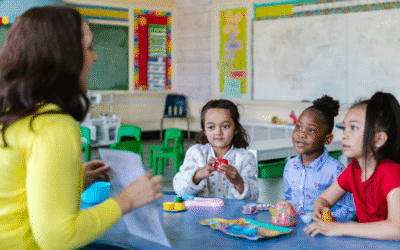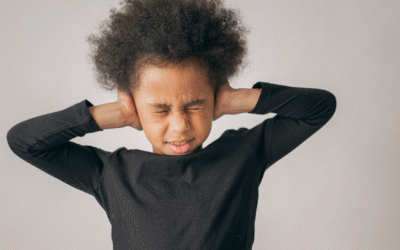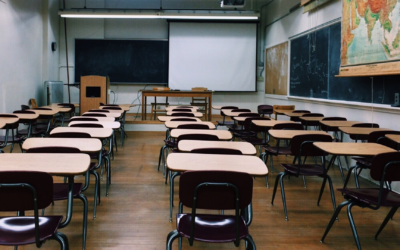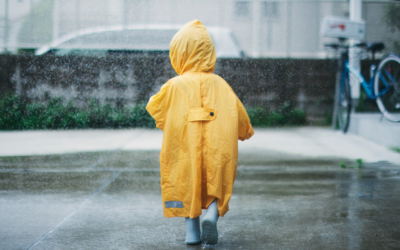Blogs
Understanding ADHD and Learning Disabilities in Children
If your child has been diagnosed with Attention Deficit Hyperactivity Disorder (ADHD) or a learning disability, you may feel overwhelmed, concerned, or unsure about the best way forward. These challenges are more common than many realize, and with the right support,...
Recognizing OCD vs Anxiety in Kids
Have you noticed your child becoming fixated on certain thoughts or rituals and wondered if it’s normal or something more? You're not alone. Anxiety affects millions of children, but another condition—OCD—often goes overlooked. Though similar, OCD requires different...
Understanding Panic Attacks vs Anxiety Attacks in Children
As seasons shift and daily routines evolve, children and teens can experience heightened emotions. Family gatherings, social events, or even small transitions may build into stress that eventually shows up as a racing heart, trembling, difficulty breathing, or...
What is School Refusal?
When a child refuses to attend school on a regular basis, it can be devastating for parents. School refusal, sometimes referred to as school phobia or school anxiety disorder, is more than a phase. It may have an impact on a child's future achievement and indicate a...
Social Anxiety in Children
The post-Covid era has brought new challenges for children, especially when it comes to navigating social interactions. After extended periods of isolation, many children are struggling with social anxiety, finding it harder to engage in group activities and school...
Helping Children Manage & Overcome Toxic Stress
Children, like adults, experience stress, and when that stress becomes prolonged and severe, it can become toxic, affecting their behavior and development. Toxic stress can have lasting consequences on a child's well-being, but with the right support, it can be...






